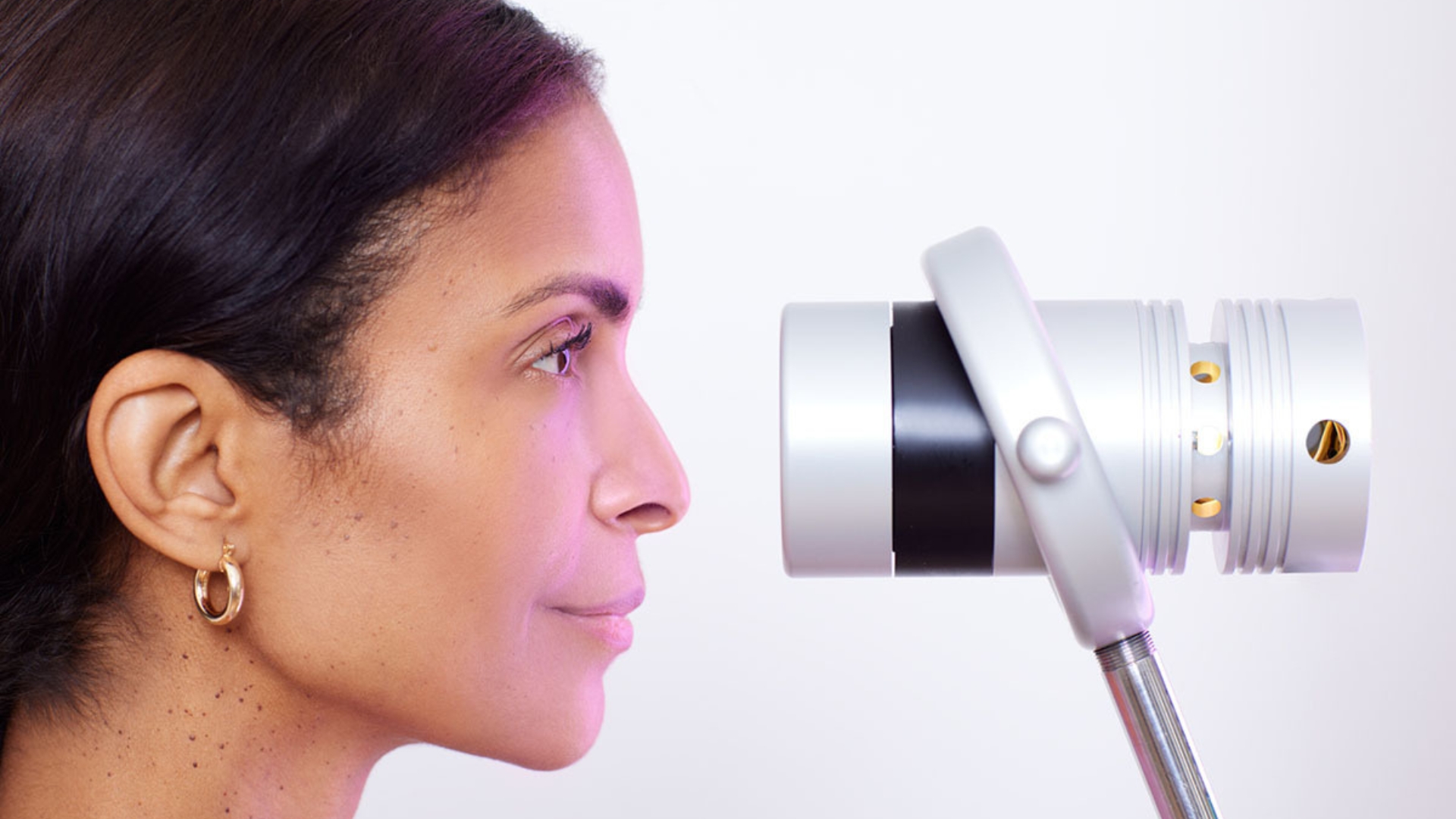History & Celebration of Mental Health Awareness Month
Previously, individuals with mental illness were plagued by misunderstandings and negative attitudes, often leading to unhygienic living conditions and poor treatment from the majority of society. And though some stigma remains today, we are making progress.
In the last couple of decades, mental health awareness has come a long way. We’ve begun to shed these false beliefs and negative stigmatizations. With many individuals and organizations working hard to shine a light on the depth of mental health issues, we’re more informed than ever before.
May marks Mental Health Awareness Month, and Innovative Medicine strives to be part of the movement for change. Below, we explore the origins of mental health awareness month, the evolution of mental health, and the role of mental health in good physical health and beyond. What should you be aware of? How can you help?
A Brief History of Mental Health Awareness Month
Mental Health Awareness Month was established in 1949 to signify the importance of mental health and to help celebrate those that overcame mental illness or were working toward recovery. This month was created, in part, due to the significant amount of World War II veterans that suffered from mental illness after returning home from war.
In many ways, World War II provided a turning point for mental health awareness. However, it wasn’t until many decades later that regulations and laws were passed to prevent mental illness and improve the treatment of the mentally ill.
In 2008, the Mental Health Parity and Addiction Equity Act improved access to mental health and substance use disorder treatment services via equitable insurance coverage, helping eliminate unequal health treatment.
In 2016, The Affordable Care Act helped 30 million more Americans gain health insurance coverage, granting about 11 million people access to much-needed substance abuse and mental health services.
In addition to the above laws, various programs and organizations began to offer financial assistance and accessible mental health services to those in need.
The truth is, we all know someone who has dealt with mental illness (or we have personally dealt with it ourselves). About one in five Americans experience mental illness, ranging from mild to severe. The importance of mental health is undeniable, and in many ways, it affects our physical health. Below, we take a brief look at how the words “mental health” have changed over time before digging deeper into the mental-physical health connection.
The Evolution of Mental Health
Until very recently, the term, “mental health,” was merely associated with the world of psychology, leading to various misunderstandings and stigmatizations. In addition to this, mental illness was often swept under the rug. We simply didn’t talk about it.
However, as science has compounded and acceptance has gained steam, “mental health” has expanded beyond the field of psychology. Many of us now know that mental health is closely related to a person’s physiology. Various studies and research have shown that the health of the body and mind go hand-in-hand.
An individual’s mental health is closely related to their hormonal health and various neurotransmitters in the body. When this became more widely known (all thanks to mental health awareness), things truly began to change. The idea that mental illness was some kind of personal flaw was thrown to the curbside, and we started to gain speed regarding widespread acceptance.
Today, we talk about it. We celebrate those that have overcome depression, anxiety, and more, as well as those who continue to recover and seek out treatment. With more options available now than ever, people are getting the help they need.
There are a variety of options for those experiencing mental illness. Similar to treating a person’s physical health, there is no one-size-fits-all plan for treating a person’s mental health. From neuro-emotional therapy to therapeutic interventions that help untangle the intricate layers of family drama, there are many different options offering individuals unique treatment approaches that suit their needs.

The Role of Mental Health in Physical Health & Beyond
About 9-25% of individuals with chronic diseases experience depression. Undeniably, it can be difficult to cope when facing a chronic disease diagnosis. Yet, this connection goes the other way as well. Deteriorating mental health can lead to decreased physical health. For example, an individual with depression or anxiety might struggle to exercise or eat well due to a lack of motivation, leading to reduced physical health.
Interestingly, some experts link increasing mental health issues to an absence of challenges and failures in modern life. Technology has inevitably made life easier. You don’t even need to leave your home to buy groceries anymore, whereas in the past, it was a whole task in itself. Maybe you had to actually go out and harvest your food, or maybe you had to go to the market, which was a whole-day event. These tasks are almost non-existent in today’s modern society.
On top of this, we’re eating more processed foods and taking more medications than we ever have, which impacts our physical and mental health beyond what we might be aware of. The Centers for Disease Control and Prevention (CDC) associated overall well-being with self-perceived health, longevity, healthy behaviors, mental and physical illness, social connectedness, productivity, and environmental factors.
Good mental health can absolutely improve our physical health, creating quality experiences that lead to a quality life. Overall health is holistic, meaning you can’t just target it at one level. It involves taking a look at the body and mind as a whole and making appropriate treatment recommendations based on this holistic perspective.
When we remove the mental health stigma and raise awareness, we take giant leaps forward toward a healthier and happier world where individuals can access the type of health care they need and deserve.
Disclaimer: The statements made in this article have not been evaluated by the Food and Drug Administration. Any products or treatments mentioned are not intended to diagnose, treat, cure, or prevent any disease. Please consult a licensed medical practitioner for medical advice.
At Innovative Medicine, we believe in transparency. We want you to know that we may participate in affiliate advertising programs pertaining to products mentioned herein.
See how we can help you restore complete health of body, mind & spirit.
Join our mailing list and receive exclusive offers + information!







Leave a Reply
Want to join the discussion?Feel free to contribute!